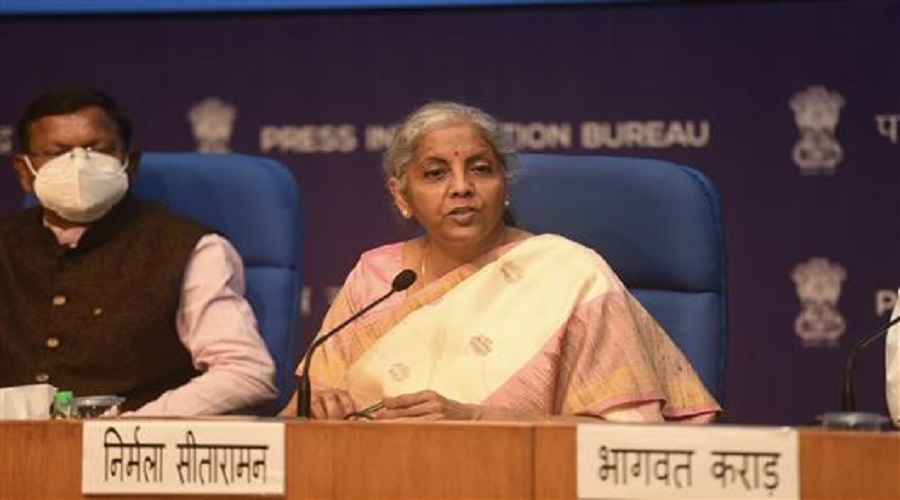India’s budget 2022-23 presented in the parliament today (February 1) has several schemes helpful to MSMEs. They include various measures for improving ease of doing business and bettering the competitiveness; enhancing emergency credit line guarantee scheme (ECLGS), and revamping credit guarantee scheme.
The portals for MSMEs such as Udyam, e-Shram, National Career Service (NCS) and Atmanirbhar Skilled Employee-Employer Mapping (ASEEM) will be interlinked. While announcing this the finance minister Nirmala Sitaraman said the interlinking will widen their scope. “They will now perform as portals with live, organic databases, providing G2C, B2C and B2B services. These services will relate to credit facilitation, skilling, and recruitment with an aim to further formalise the economy and enhance entrepreneurial opportunities for all,” Mrs Sitharaman said in her budget speech.
Improving competitiveness
The government has announced reduced import tariffs on inputs. Tariffs on end products will be newly imposed, or increased in case of existing tariffs.. This will lead to a higher degree of protection and improved competitiveness for MSMEs. Reduction in customs duty and exemptions on inputs, such as steel scrap, even while levying a 7% duty on finished capital goods are expected to help MSMEs. Reduced import tariffs for sectors, such as textiles, leather products and handicrafts, are likely to push growth and facilitate competitive global sourcing of inputs.
Access to credit
Financial inclusion: According to the budget, 1.5 lakh additional physical banking facilities will be enabled by mobilising post office infrastructure. Further, 75 digital banking units will be set up by scheduled commercial banks in 75 remote rural districts.
ECLGS: emergency credit line guarantee scheme has been extended to March 2023 and its guarantee cover has been enhanced from INR 50,000 crore to INR 5,00,000 crore. Plus, an exclusive cover has been earmarked for the hospitality sector.
CGS: The credit guarantee scheme has been revamped. Additional credit of INR 2,00,000 crore is expected to be facilitated for the MSME sector.
Gati Shakti infrastructure: Investments, such as multi model logistics parks and cargo terminals, will facilitate single domestic market connectivity as well as critical global market connectivity.
Individual and Farmer Producer Orgnisation (FPOs) startups will be fostered aggressively through NABARD. Regarding capital gains surcharge, the rationalisation of capital gains surcharge will provide a boost to the start-ups. The national skill qualification framework is to be aligned to dynamic industry needs.
Industry Responses
Alok Mittal Co-Founder & CEO, Indifi Technologies, one of the leading MSME lending platforms in India says: “This year’s budget has taken significant future-forward steps towards financial inclusion; the integration of post office banks, widening the scope of MSME portals and setting up digital banking are all incredible steps in extending access to finance. Moreover, the budget has also addressed the current pain-points of the MSME ecosystem by extending ECLGS, with the additional allocation to be earmarked for hospitality and related industries. This provides renewed impetus for the lending ecosystem to lend to MSMEs and empowers them. Steps taken to leverage portals like Udyam, e-shram, NCS & Aseem will go a long way in further strengthening credit facilitation and enhancing entrepreneurial opportunities for MSMEs
In terms of startups, initiatives taken towards amping up the ease of doing business in India are welcome additions to the budget. Moreover, the steps taken for existing start ups like extending tax redemption and steps taken to attract more investment into the ecosystem is encouraging for the entrepreneurial spirit of India.” he adds.
Prodipto Roy, co-founder of QuickShift, a leading MSME in the logistics and e-commerce says: The overall outlook is for state-led Growth, one would have preferred to see some tax exemptions that could have led to increase in consumption. It appears that there was hardly any elbow room to provide any tax benefits to the middle-class. E-commerce companies essentially target middle income segments, any relaxations there would have led to the growth.

